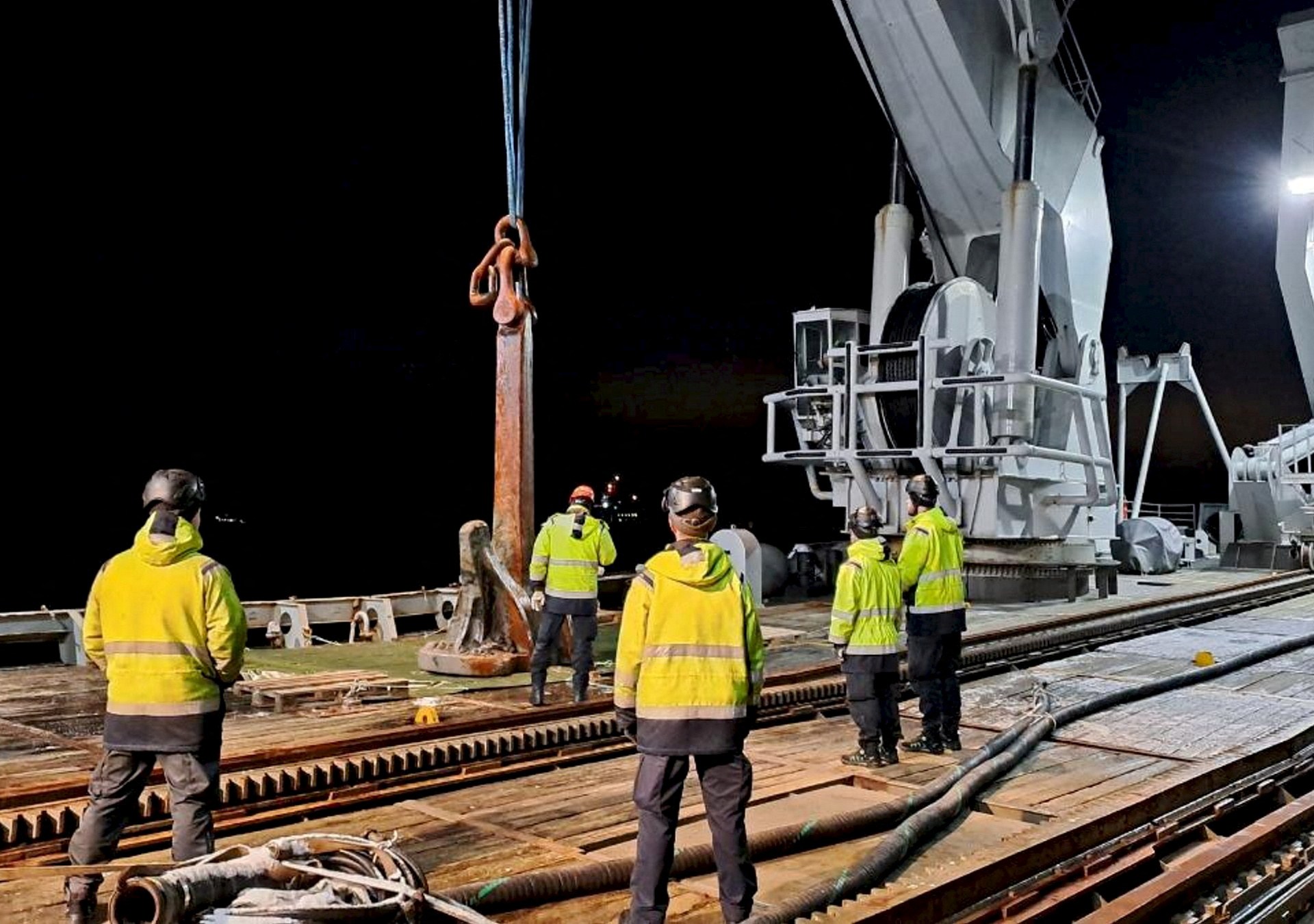Finnish operator Cinia said it detected problems on its C-Lion1 fibre-optic link connecting Finland and Germany some time ago.Swedish and Finnish police are investigating a suspected case of sabotage to the telecom system in the Baltic Sea, after multiple seabed cables were damaged in recent months.
Finnish operator Cinia on Friday said it had detected problems on its C-Lion1 fibre-optic link connecting Finland and Germany some time ago and that it was confirmed this week that the cable was damaged even as data traffic continued to flow.
Swedish police said they were also investigating the matter because the breach had occurred in Sweden’s economic zone, although no suspects had been identified.
“We take all reports of possible damage to infrastructure in the Baltic Sea very seriously,” Swedish Prime Minister Ulf Kristersson wrote on X, formerly Twitter. “As I said earlier, they must be seen in the context of the serious security situation that exists.”
The Baltic Sea region is on alert and the NATO military alliance has boosted its presence there after a series of power cable, telecom and gas pipeline outages since Russia invaded Ukraine in 2022.
Some Baltic Sea incidents have been ruled accidental, including the cutting last month of a different telecom cable in Swedish waters, while other cases are still under police investigation. No prosecutions have been made so far.
Friday’s announcement marks the third time in recent months that Cinia’s C-Lion1 cable has been damaged, after it was completely severed in November and December last year.
The fibre optic cable runs for 1,173 kilometres (728 miles) between Finland’s capital, Helsinki, and the northern German city of Rostock. It connects Central European telecommunications networks with Finland and other Nordic countries.
Finnish Prime Minister Petteri Orpo called for a calm and thorough investigation into the incident, saying it was reassuring there had been no apparent disruption to telecommunications connections.
EU to boost undersea surveillance
The European Commission on Friday said it would redirect almost a billion euros within its budget to boost surveillance of undersea cables and establish a fleet of emergency repair vessels.
“We want to make sure Europe is equipped not only to prevent and detect sabotage to cables but also to actively deter, repair and respond to any threat to critical infrastructure,” Henna Virkkunen, the executive vice president in charge of security at the Commission, said.
“We know that this is a threat for our security and for our environment, not only in the Baltic Sea area, but all over the European Union.”




